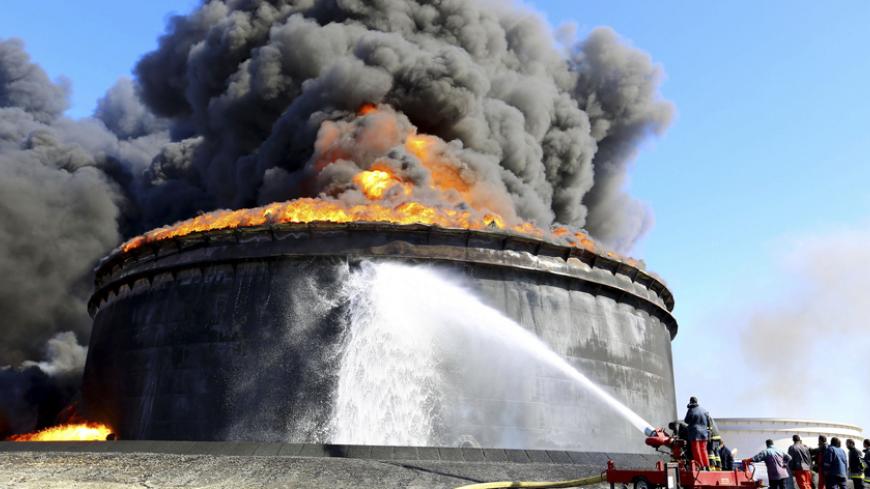The talks sponsored by the United Nations between Libya’s warring factions scheduled for Jan. 5 were postponed. This new delay follows previous, repeatedly postponed attempts resulting from a lack of consensus on the agenda and who should take part in the talks. Meanwhile, events on the ground continue to change by the day, making it increasingly more difficult to reach agreement on certain details and technicalities.
Over the last four weeks, fighting has taken a serious turn, as Libya Dawn, a collation of Islamists and fighters from Misrata, attacked the biggest oil exporting terminal at Sidra, east of Sirte, setting at least five oil tanks ablaze and burning nearly 1 million barrels of crude oil, costing the country an estimated $1 billion.



